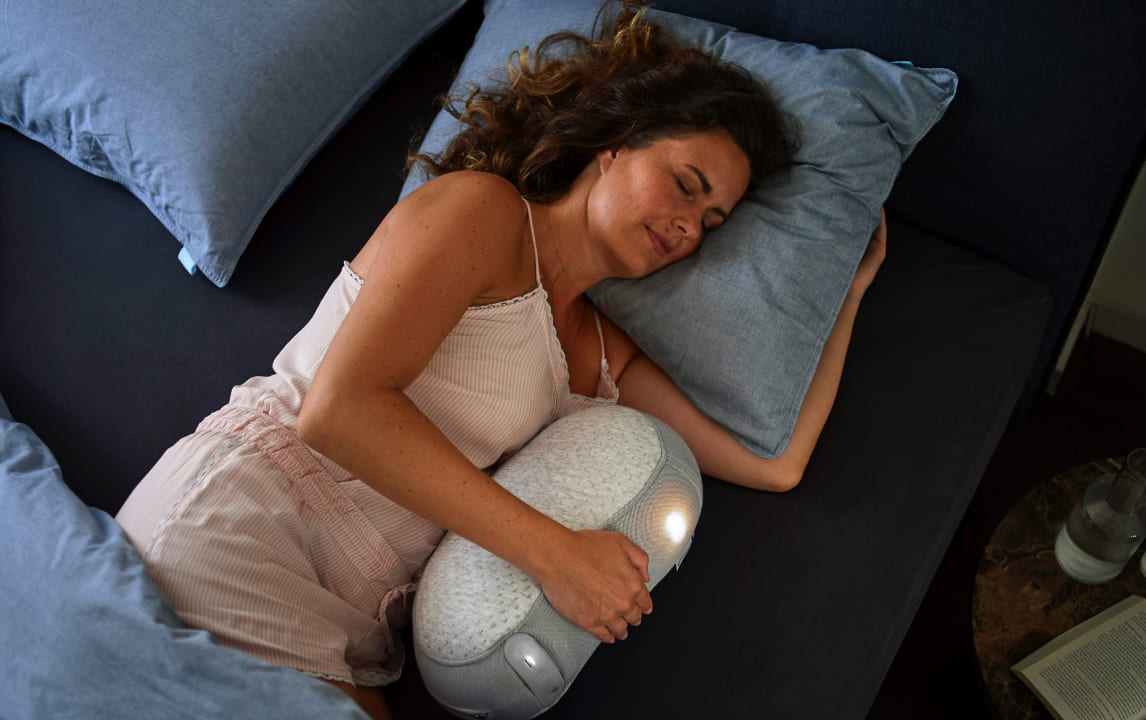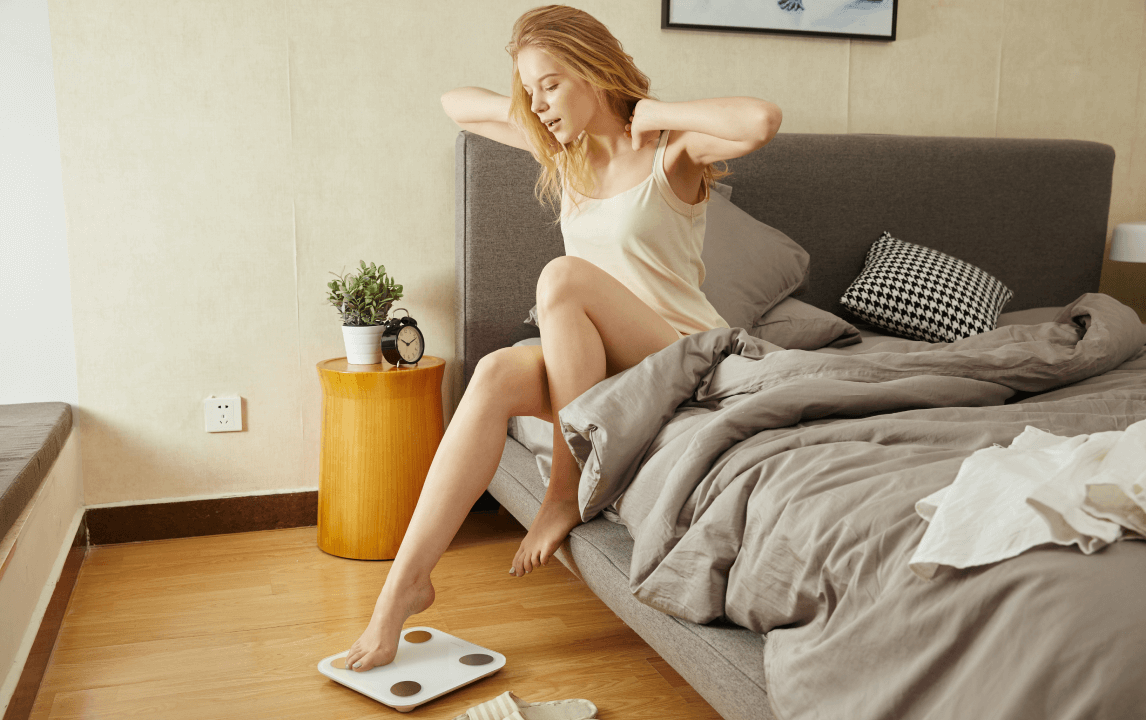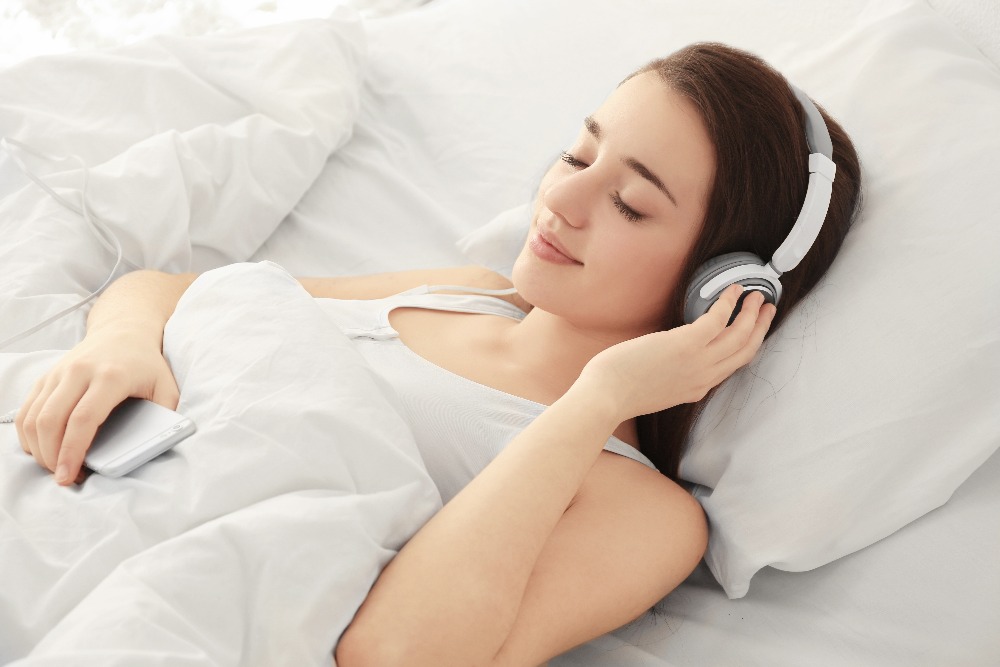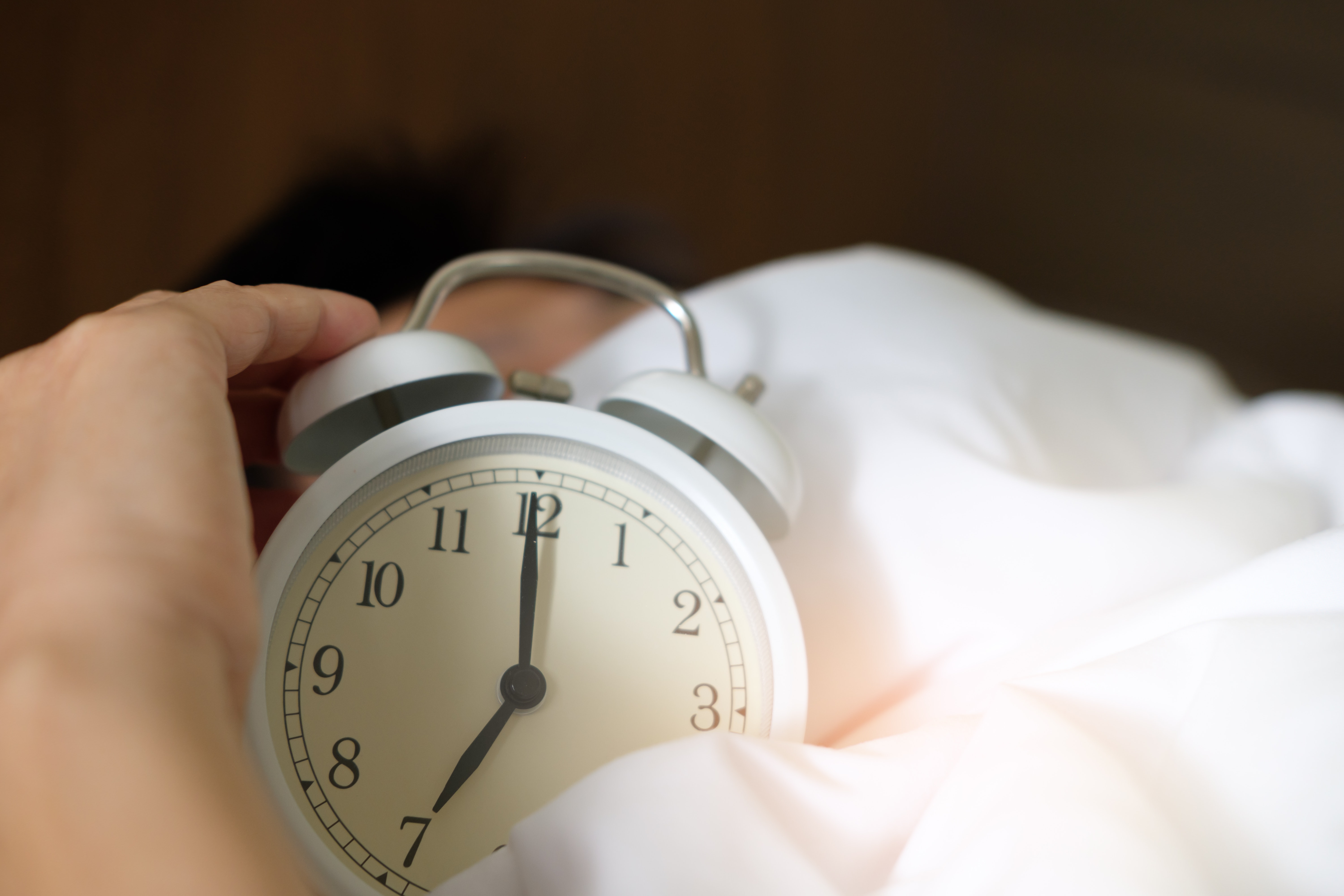If you ever wake up in the middle of the night because you feel too hot or too cold, you should know that extreme temperatures will have a significant impact on your sleep quality. But even subtle temperature changes may have beneficial or adverse effects on sleep. So what is the best temperature for sleep?
How many degrees is the best temperature for sleep of human body?
Sixty-five degrees might seem a bit chilly, especially on a crisp night when you feel like snuggling in, but it’s important to consider the process of thermoregulation. Thermoregulation is a biological process the human body undergoes throughout the day to function at peak performance. Thermoregulation works in tandem with the body’s circadian rhythm. During a 24-hour cycle, the body will gradually fluctuate in temperature: from below our baseline temperature of 98.6 degrees to anywhere from 96.4 degrees (when in a state of deep sleep) to 100.4 degrees (when most active). A total sleeping temperature of 65 degrees allows the body to relax into sleep and gradually decrease in temperature for optimum relaxation.
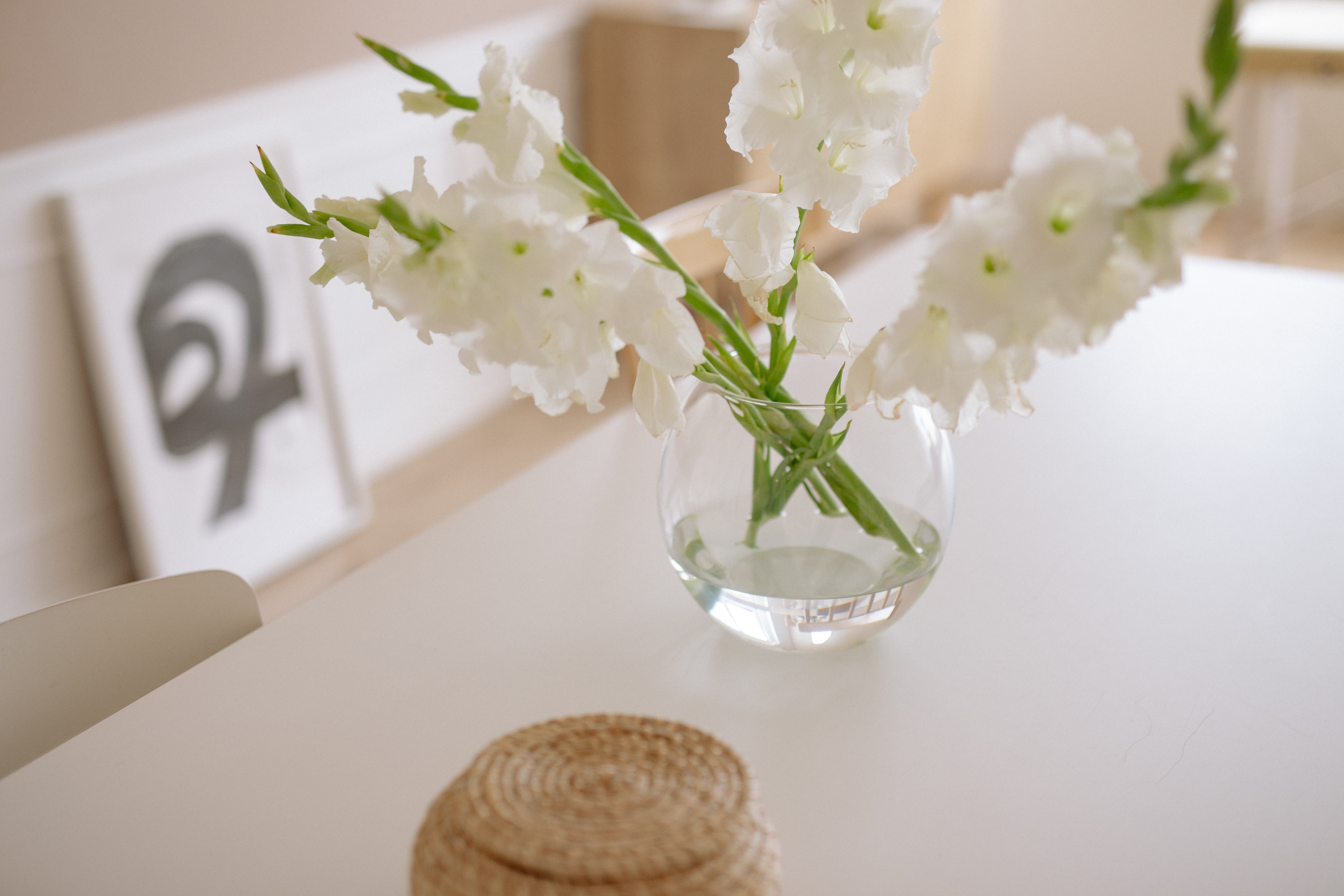
Tips to Find the Best Temperature for Sleep
Sleeping Lower thermostat to between 60-70 degrees Fahrenheit. Individual preferences will vary, so find the temperature best suited for you. Cooler bedrooms help facilitate your body temperature decline.
1.Close blinds/curtains during the day to block out heat from the sun.
2.Keep windows closed if the outside temperature is warmer than the inside temperature.
3.Open windows after the sun go down or outside temperature becomes cooler than the indoor temperature.
4.Keep the room cool with a ceiling fan or place a portable fan near an open window.
5.Keep the bedroom door open, and open other windows in the house to allow air to circulate freely to cool the house.
6.Cool off before bed. Try bringing your core body temperature down by taking a cool shower.
7.Heat rises, so if you live in a multi-story home, consider sleeping in a lower-floor room.
8.Consider purchasing a bed fan to keep your bed nice and cool.
9.Memory foam pillows may be extremely comfortable but they also get very hot. Consider having a backup pillow for hot nights.
10.Don’t vigorously exercise before bed. Exercise raises body temperature and may take longer to cool down. Late-night exercise is especially unhealthy for those suffering from insomnia.
11.Wear a cool face cloth to bed, keep a water spray bottle for misting, or keep a glass of cold water next to the bed.

Keeping the best temperature for sleep is critical to attaining sound sleep every night. Without a good night’s rest, a person often feels tired and uncomfortable throughout the day, which is why it is important to be careful of your room temperature during sleep.Do you want to know if your sleep at night is affected by the temperature? The Mintal Tracker will monitor your sleep quality.


